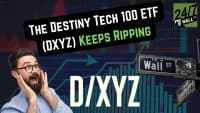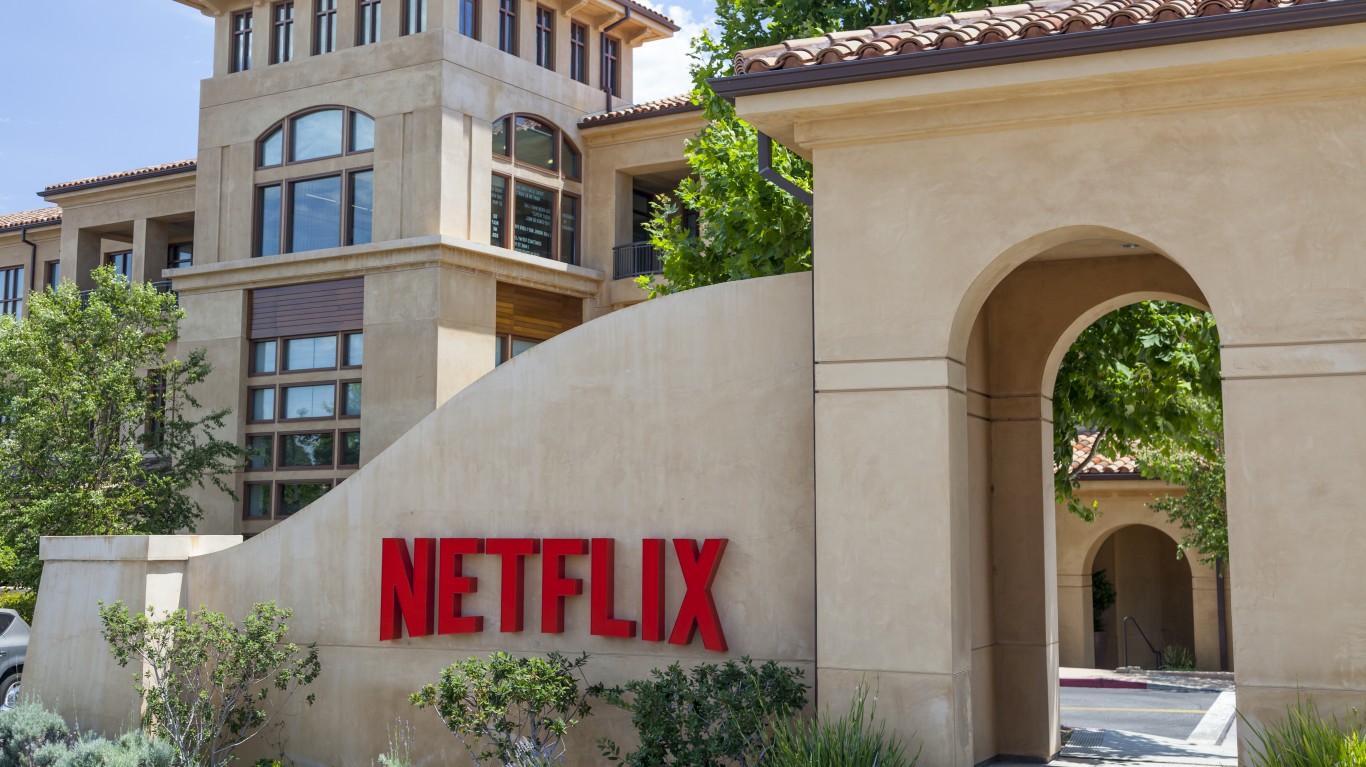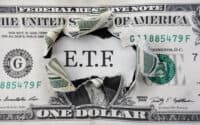 Amazon.com’s (NASDAQ: AMZN) Jeff Bezos has gambled on his company’s long-term prospects before. He did so again last quarter, and it cost his shareholders, at least for a while.
Amazon.com’s (NASDAQ: AMZN) Jeff Bezos has gambled on his company’s long-term prospects before. He did so again last quarter, and it cost his shareholders, at least for a while.
Bezos has run Amazon since it was founded in 1995, long before Steve Jobs returned to Apple (NASDAQ: AAPL). Jobs often said the creation of great products was more important to companies than profits. Jobs was fortunate. The sales of his great products made Apple more profitable by the quarter for almost 10 years. Bezos has not been so fortunate. He has had to zigzag his way to success, cutting Amazon’s margins now and then to fuel growth. Bezos has also been compared to Netflix (NASDAQ: NFLX) founder Reed Hastings. But Hastings has not been risking profits for market share for anywhere near as long as the 17 years that Bezos has.
Bezos’s most recent gamble is that he can raise fulfillment and marketing costs as he enters the important holiday season. Amazon’s revenue rose 43% to $10.9 billion in the period that ended September 30. Fulfillment costs rose 65%. Costs for content and technology were up 74%. Wall St. also suspects that the margins on the company’s Kindle Fire were close to zero. Amazon must play catch-up to Apple in the tablet PC business. Bezos has decided that price is one critical factor in the effort to gain market share.
Bezos allowed Amazon to run on low net income margins in 2008 as he offered more free shipping to take business from Barnes & Noble (NASDAQ: BKS) and as he began to sell the Kindle e-reader. The decision paid off. Amazon’s revenue rose from $19.1 million in 2008 to $34.2 million in 2010. Revenue continues to grow in the high double digits.
It is now left to Bezos to prove his mettle as he allows shares to be battered as he tries to push revenue to $50 billion a year and beyond. The sell-off that sent Amazon shares down 10% after earnings was due in part to criticism that profit margins were much too small. But Amazon’s shares are still up 70% over the past two years. Yesterday it seemed that Wall St. had abandoned Amazon. However, based on the long-term stock price, that is hardly true. Investors are willing to believe that Bezos has made a shrewd decision once more.
Douglas A. McIntyre
Thank you for reading! Have some feedback for us?
Contact the 24/7 Wall St. editorial team.



